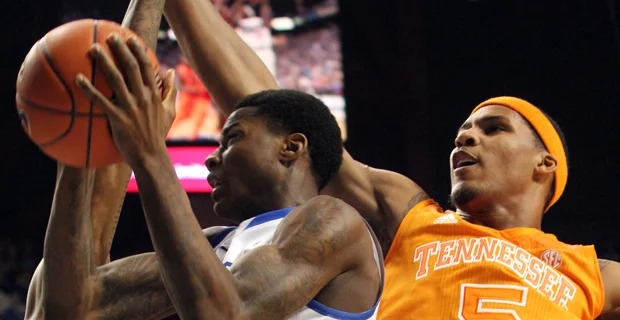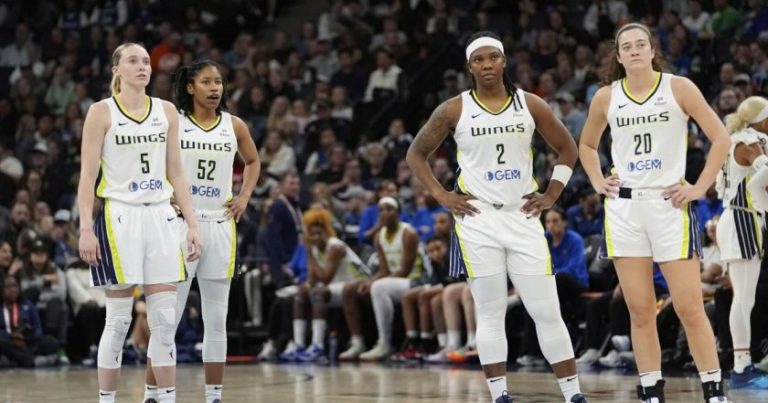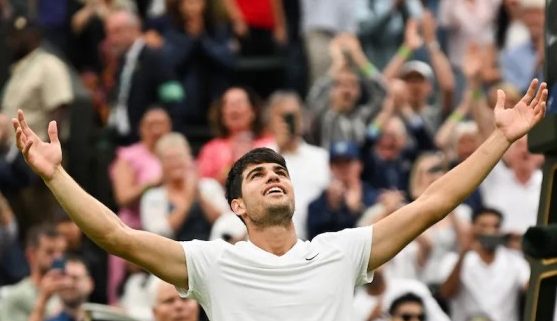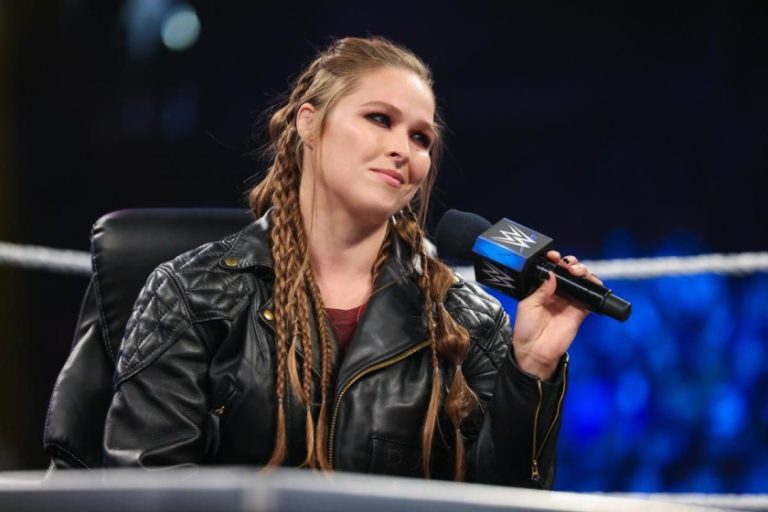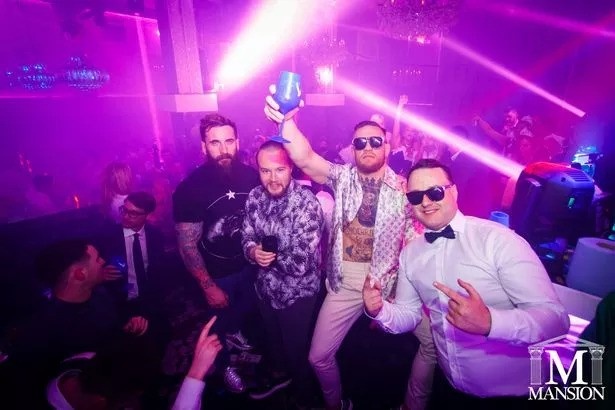
Table of Contents
Beyond the Court: A Different Kind of Regret for Big Shot Bob
For a man nicknamed “Big Shot Bob” due to his uncanny ability to drain clutch baskets when it mattered most, Robert Horry is synonymous with seizing the moment. Seven NBA championships across three different franchises stand as a testament to his ice-cold nerves and opportunistic play. Yet, as the years roll on, it’s often the moments off the court, the personal connections, that leave the deepest imprint. Horry recently shared a story that reveals a rare glimpse into a different kind of regret, one far removed from missed free throws or turnovers. It’s a deeply human anecdote, echoing in a way that many sports fans, particularly those in North America who followed his illustrious career, can relate to.
Horry’s narrative, shared in the wake of the buzz around Salma Hayek‘s similar experience, brings to light a chance encounter with a late, beloved actress that has stayed with him. This isn’t about X’s and O’s; it’s about life’s fleeting opportunities and the wisdom gained from reflection.
The Missed Connection: A Universal Lesson
Robert Horry detailed meeting an actress he admired, a moment that, in retrospect, he wishes he had handled differently. While he didn’t name the individual in the provided context, the implication is clear: it was someone who resonated deeply with him, and the opportunity to engage further, perhaps to express his admiration or simply share a genuine moment, slipped away.
This type of story resonates because it’s universal. How many times have we, as fans or individuals, found ourselves in the presence of someone we admire, only to let the moment pass? Whether it’s a sports hero, a music icon, or indeed, a film star, the chance for a personal interaction can be fleeting. Horry’s honesty underscores that even those who perform under immense pressure can feel the weight of a simple missed connection. It reminds us that behind the jerseys and the championships are real people with real feelings and regrets. [ Psychology Today ]
The Deeper Meaning: More Than Just Sports
This anecdote offers a profound counterpoint to the typical narratives surrounding NBA legends. We often deify athletes, focusing solely on their athletic prowess and statistical achievements. Horry’s story, however, peels back that layer, revealing vulnerability and a contemplative nature. It’s a reminder that:
- Humanity prevails: Even in the cutthroat world of professional sports, personal interactions and connections hold significant value.
- Regret is universal: No amount of success negates the human experience of looking back and wishing for a do-over.
- Seizing the moment: This story, perhaps unintentionally, serves as a poignant reminder to appreciate and engage with the people around us, especially those we admire, when the opportunity arises.
As someone who has followed the careers of countless athletes over two decades, I’ve seen firsthand how these personal stories often connect with fans on a deeper level than any highlight reel. They bridge the gap between the superhuman athlete and the relatable individual. [“The Relatability of Sports Icons“]
Analyzing Horry’s Reflection: A Mature Perspective
Horry’s willingness to share this regret speaks to a maturity that comes with age and perspective. In his playing days, his focus was almost exclusively on the next shot, the next win. Now, as an analyst and public figure, he offers insights that extend beyond the hardwood. This narrative exemplifies a man comfortable enough with his own legacy to share a moment of personal introspection, adding another dimension to the “Big Shot Bob” persona.
For fans in the US and Canada, where sports figures are often larger than life, this kind of candid reflection fosters a stronger connection. It shows that even multi-time champions aren’t immune to the common human element of regret. It’s a story that resonates more with a general audience than specific game analytics, touching on the shared human condition.
Suggested Multimedia:
A short video clip featuring Robert Horry recounting this story, perhaps alongside a compilation of his famous “big shots,” would create a powerful contrast and emotional depth for viewers. The contrast between his on-court clutch moments and his off-court regret would be striking
FAQs
1. What was Robert Horry known for in the NBA?
Robert Horry was renowned for his clutch shooting in critical moments, earning him the nickname “Big Shot Bob.” He won seven NBA championships with the Houston Rockets, Los Angeles Lakers, and San Antonio Spurs, a record for a non-Celtics player.
2. Why is this story about a missed connection significant?
It’s significant because it humanizes an NBA legend, showing that even highly successful athletes have personal regrets and appreciate non-sports-related interactions. It offers a relatable human element beyond his athletic achievements.
3. How does this reflect on Robert Horry’s character?
It highlights his candor and reflective nature. His willingness to share a personal regret, even one seemingly minor in the grand scheme of his career, shows a maturity and openness that resonates with fans.
4. What broader message does Horry’s story convey about seizing moments?
The story subtly encourages seizing moments, making connections, and appreciating the present, as regret can stem from inaction even more than from mistakes.
5. Has Robert Horry shared similar personal anecdotes before?
While Horry is known for his sharp insights into basketball, stories of such personal reflection are less common, making this particular anecdote stand out and offer a unique perspective on the player.
